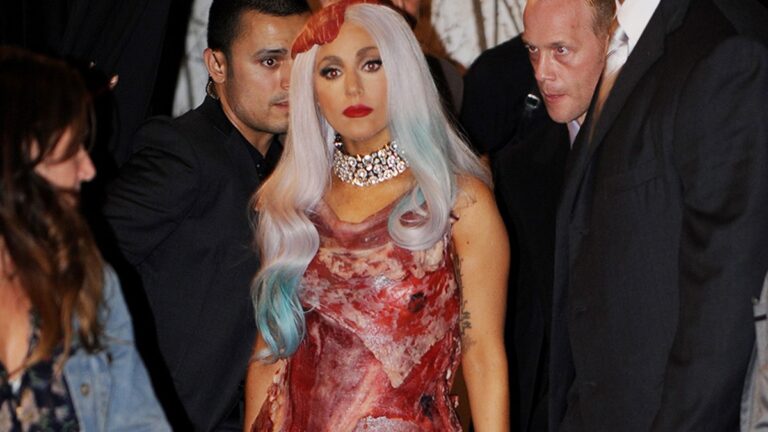Whether lab-grown leather will be seen as offputtingly ‘unnatural’ in the current cultural climate remains to be seen, but Balti expects the Asian market to be particularly receptive to the innovation of lab-grown leather, more so than the West. Unlike lab-grown diamonds, Balti says, lab-grown leather will likely be more expensive per square metre (because conventional leather is already mass-produced and consumption is already high). This may limit its scalability regardless of consumer perception.
Ioanna Topouzoglou, founder of Peta-approved vegan handbag brand Mashu, who is vegan herself, says she would be willing to explore lab-grown leather alternatives from an ethical point of view, but that she wouldn’t be sure how to market the material given that it’s not technically vegan.
Mashu launched in 2017, and has experimented with plant-based leather alternatives including pineapple-based Piñatex, corn and recycled polyester leather alternative Bioveg, apple leather Uppeal and olive leather Oleatex. Despite the anti-vegan sentiment, the brand hasn’t seen a negative impact directly on its business. “When we started the brand, a lot of people were telling me not to market it as vegan because that would alienate consumers,” says Topouzoglou, adding that she went against this advice because she wanted consumers to know the brand’s values.
“These animal product trends don’t alienate our current customer, or change our customer-acquisition strategy. But it does make us feel like we need to make our vegan brand pillar more visible, to try and contribute to the counterargument of trends like these,” adds Katie Karayiannis, founder of brand consultancy Vert Communications, which leads Mashu’s marketing strategy. “Our strategy is to make the fact that Mashu is vegan even louder among the wave of animal product hype.”
Ultimately, it’s about empowering consumers to stick to their values despite the environment of disillusionment and fear. “We’ve put so much of the blame for climate change on big industries — which is true, but it’s sort of removed the responsibility on the consumer. People are thinking, ‘Well, what can I do? They’re just going to keep producing this, so even if I stop buying the product it won’t make a difference,’” says Topouzoglou. “There’s a lot of information out there that is making consumers confused, but if we have the say with our money it does make a real difference.”
Comments, questions or feedback? Email us at feedback@voguebusiness.com.


